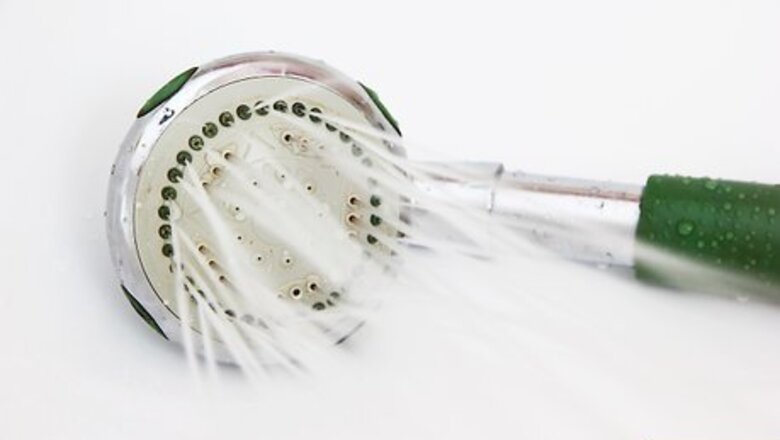
views
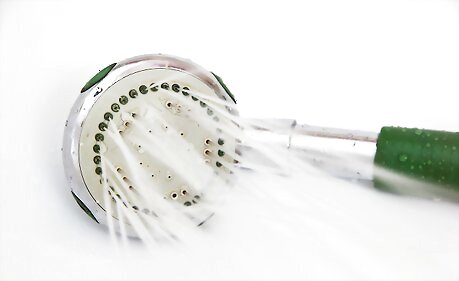
Avoid using any plumbing during lightning storms. If lightning strikes your home or building, or other nearby locations, it can impart an electrical charge to the metal pipes in your plumbing, which lead to electrocution if you are using the plumbing connected to those pipes. Don't take showers or baths, and do not use any sinks or faucets during lightning storms. Have polyvinyl chloride (PVC) pipes installed in your home for your indoor plumbing. Pipes made from this material can prevent you from becoming electrocuted in lightning storms if you insist on using plumbing during these times.
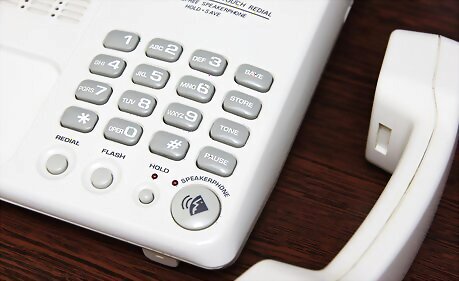
Avoid using your corded landline telephone during lightning storms. If lightning strikes the main phone line in your neighborhood or outside your home, the electricity from the strike will travel through every phone connected to the line, and electrocute anyone using the telephone. Buy or install cordless telephones, or use your cell phone if you need to make a phone call during a lightning storm.
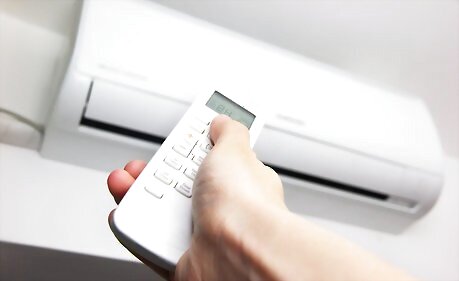
Don't use appliances that are plugged into the wall during lightning storms. Appliances that are plugged into the wall and turned on can be dangerous for you to use if lightening strikes your home or the power line it is connected to. Turn off and unplug televisions, computers, air conditioners, and other appliances that are plugged in and running during lightning storms. A power surge caused by a lightning strike can instantly fry them and cost you thousands of dollars. Use wireless or battery-operated appliances during lightning storms to prevent yourself from becoming electrocuted. Examples of wireless appliances you can use are cordless vacuum cleaners, curling irons, and razors.
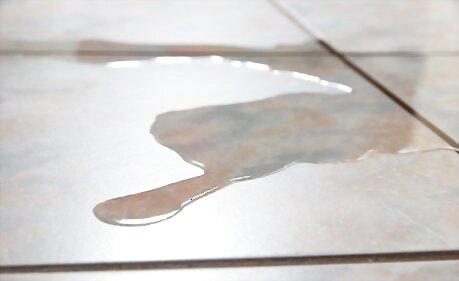
Avoid standing on surfaces in which moisture or water is present during lightning storms. Electrical currents will travel through the ground where water is present, and can electrocute anyone in contact with these surfaces. Examples of surfaces to avoid are basement floors, patios, garage flooring, and other flooring where water and other moisture may be present.
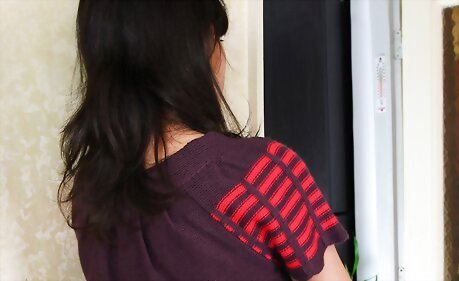
Do not lean on or sit against walls during lightning storms. Sometimes lightning can reach the electrical wiring in walls, which can cause you to become shocked or electrocuted if you are pressed against a wall.




















Comments
0 comment